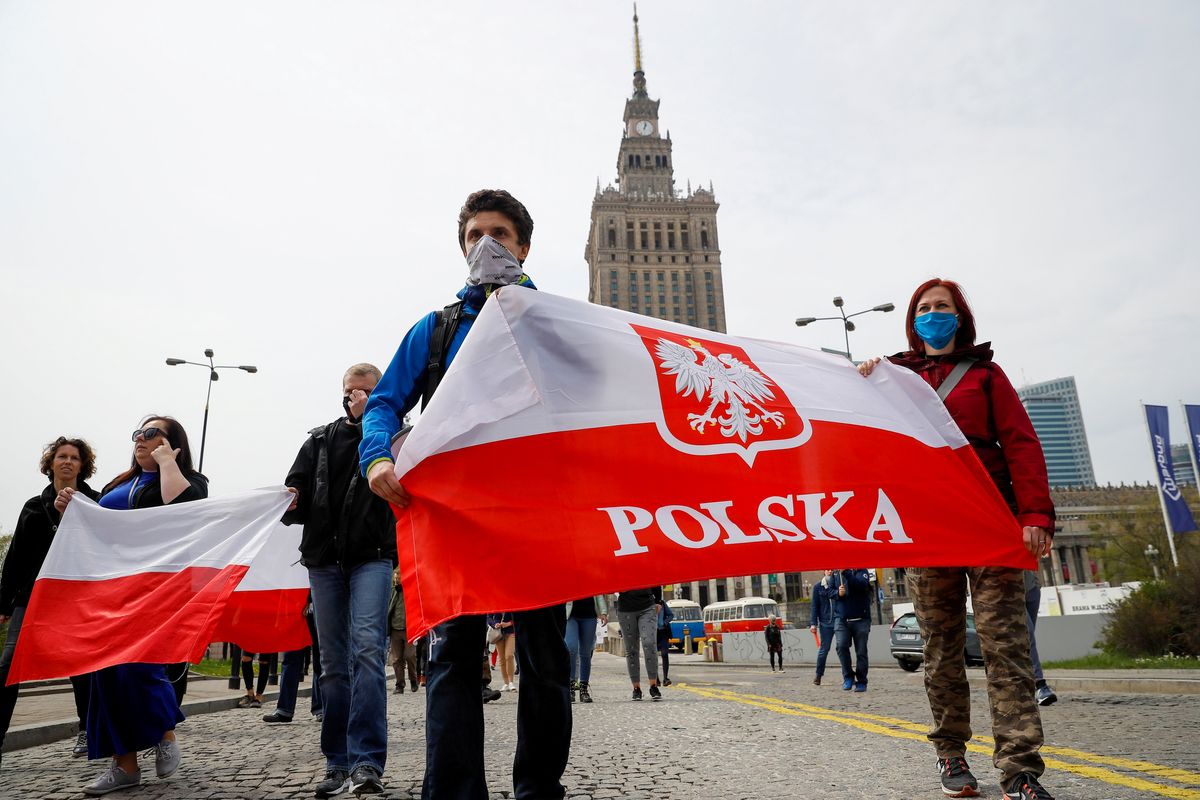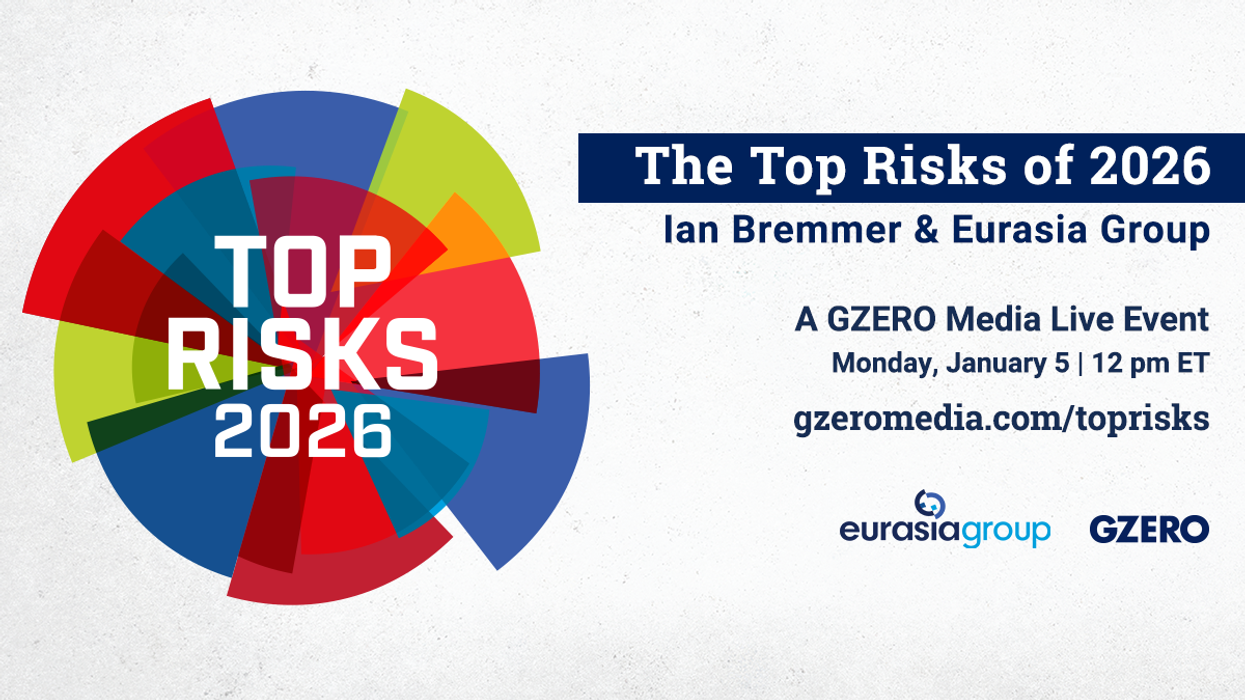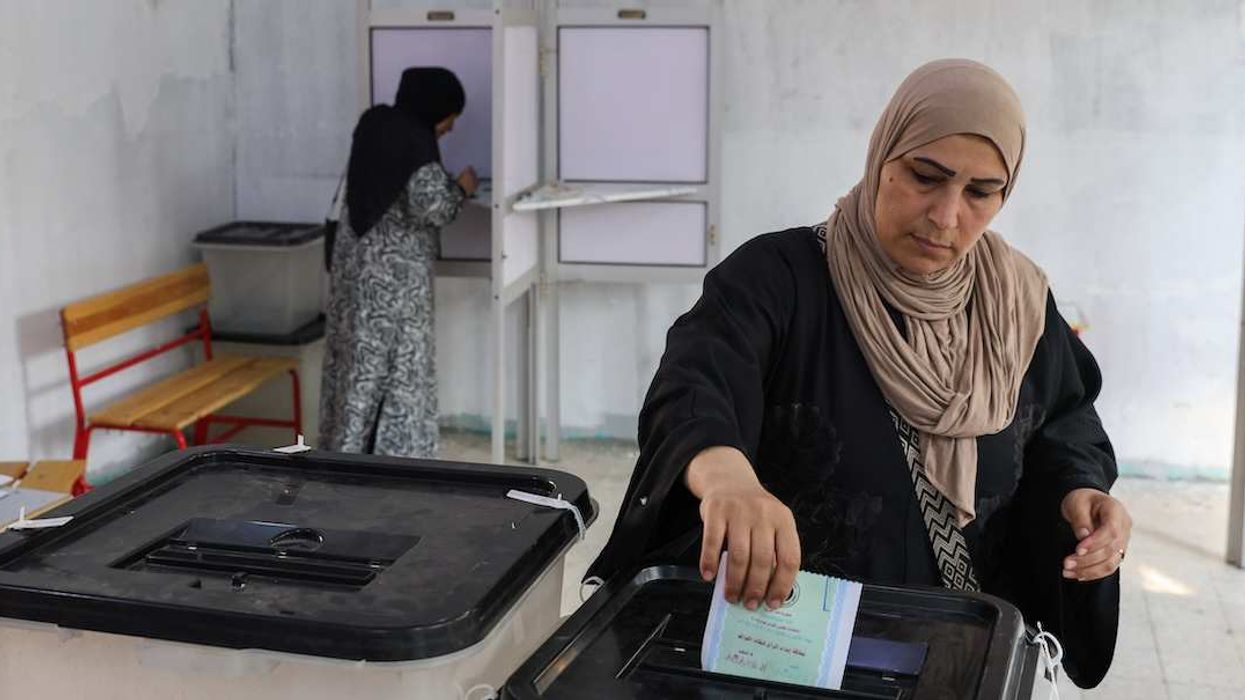Iraq on the rocks: Even before the coronavirus pandemic, Iraq was facing multiple political and economic crises, including a potential Islamic State resurgence, grassroots anti-corruption protests, and the lack of a permanent Prime Minister. But now the oil-rich state's economy is on the brink of collapse, for two reasons. First, lockdowns around the world have cratered global demand for oil, which accounts for 90 percent of Iraq's government revenues and directly contributes nearly 40 percent of GDP. With global crude prices at their lowest levels in decades, the government is already $2 billion short. Second, Iraq's own lockdowns have proven catastrophic in a country where more than half of all workers toil in the country's informal economy, which means they can't work from home and have no jobless benefits. For many of these families, not working means not eating. When oil prices plummeted back in 2014, the IMF doled out $4.5 billion in aid to helped Iraq weather the storm. But amid the current crisis Iraq is just one of many crisis-stricken developing countries pleading with the IMF for urgent assistance.
A Peruvian exodus: Nations emerge from poverty and build middle classes when waves of people move from the countryside into cities to find better opportunities to learn, work, and earn. That's why one of the coronavirus' most damaging effects lies in its ability to force people out of cities, where infection rates are highest, back into the countryside—and perhaps back into poverty. That's the context for reports like this one, which describes the highways in Peru lined with men, women and children, burdened with their possessions, escaping the capital city of Lima on foot. Peru is especially hard hit: current data say it has the second highest number of confirmed COVID-19 cases in Latin America, behind only the much larger Brazil. But the frantic and often uncertain exodus from the city to the countryside is an echo of what is happening in developing countries all over the world.

















